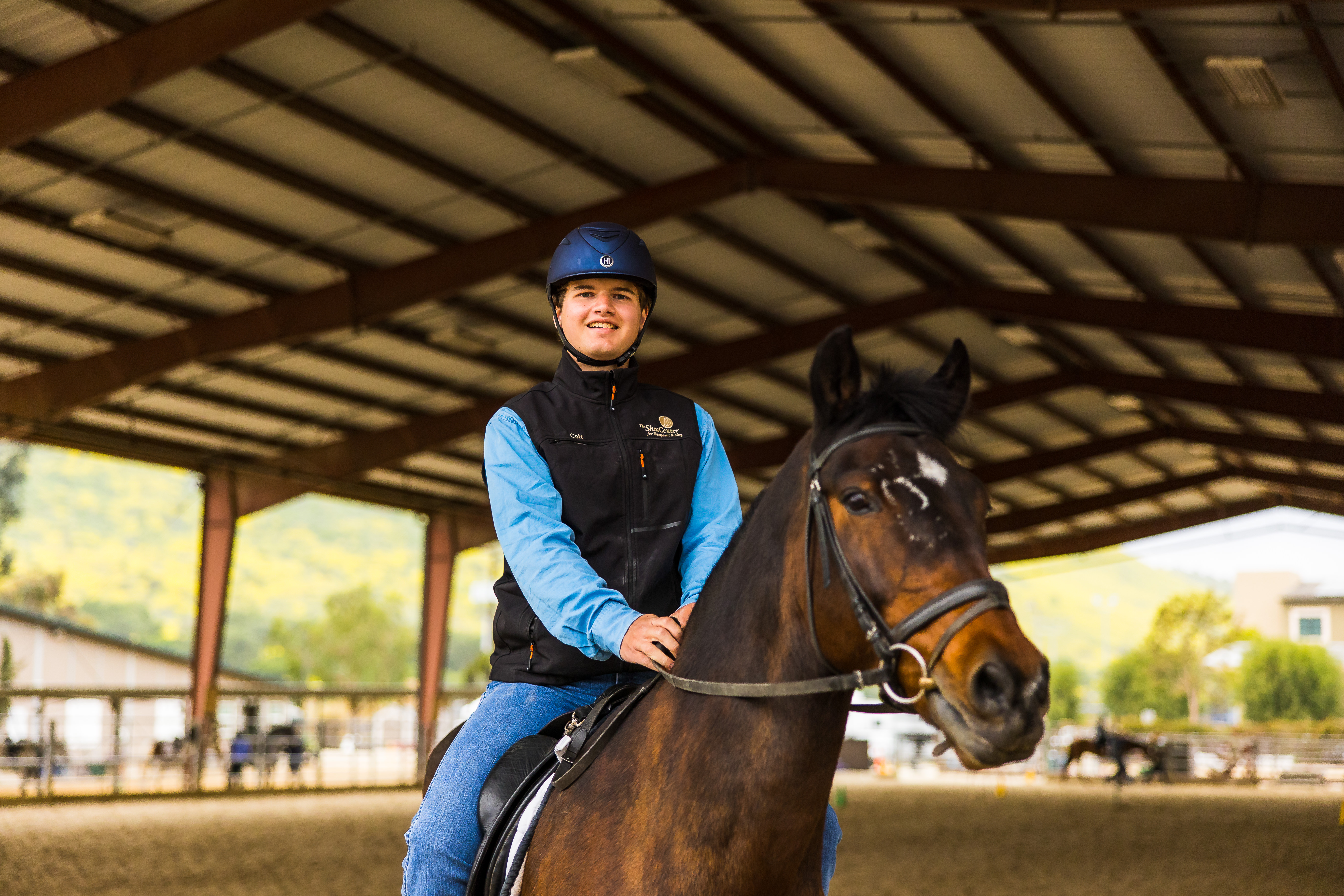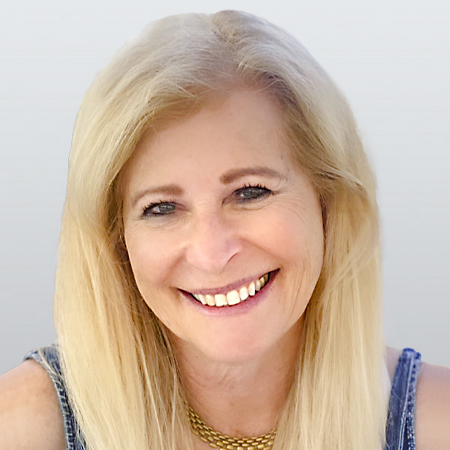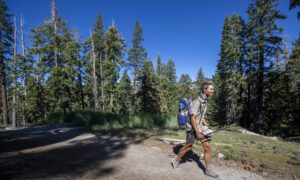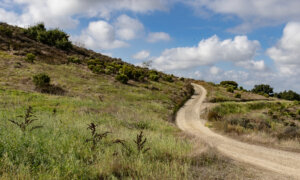The Shea Center in San Juan Capistrano recently received the 2024 Animal Welfare Hero Award from the American Red Cross of Orange County.
Dedicated to improving the lives of people with disabilities, staff members and volunteers at the center work together in horse-related therapy programs that have boasted success stories since being established in 1978.
Offering clients from 2-year-olds to seniors who have autism, cerebral palsy, Down syndrome, ADD, ADHD, cancer, strokes and PTSD, The Shea Center combines hippotherapy—“hippos” is Greek for “horse”—with other therapies, such as physical, occupational, speech and mental health, in equestrian riding programs that provide a wide variety of benefits.
According to CEO Dana Butler-Moburg the 32 horses are either donated, leased, or purchased.
“They are wonderful and steadfast heroes,” she said.
She said some of them also have duties as trail, police, or cowboy horses. The organization’s youngest horse is about 5 or 6 and the oldest is 27, and they are cared for by a veterinarian who donates his time.
“They live long, healthy, productive lives serving our 330 clients each week,” she said.
Hippotherapy can best be explained, Butler-Moburg said, by a study done by the Heartmath Institute, a nonprofit that works to help people reduce stress, regulate emotions and improve well-being through heart-focused techniques and technologies.
Their work has revealed that a horse’s electromagnetic heart fields may directly influence a person’s emotions and heart rhythm.
According to the study, a horse’s heart is five times larger and stronger than a human’s, so a horse’s heartbeat can directly influence the heart rhythm of a person.
A horse’s heartbeat is extremely slow, Butler-Moburg said. As such, she said her organization has combat veterans with PTSD ride them as a calming technique.
And, with cerebral palsy clients, for example, Butler-Moburg said their muscles can be tight. Riding a horse, she said, gently stimulates the muscles that can help such clients.
“There’s no piece of gym equipment or Swiss ball, or swimming pool that can mimic that exact pattern in a human body except a horse,” Butler-Moburg said.
The Shea Center is highly accredited by the Professional Association of Therapeutic Horsemanship International and draws interns and students from around the world, as well as many volunteers locally.
Its clients come through word of mouth, Children’s Hospital of Orange, special education teachers, and via media publicity.
According to Butler-Moburg, the nonprofit serves 1,400 people a year, providing 18,000 hours of service for those with nearly 100 different diagnoses.

The Shea Center has trained more than 300 firefighters in horsemanship. (Taryn Trumble)
In addition, in the past three years, the center has added a program whereby the staff trains Orange County firefighters on basic horsemanship to support their work with horses caught in perilous situations.
“Technical rescues often require heavy trucks and even helicopters,” she said.
She said, thus far, the nonprofit has worked with 300 firefighters.
Butler-Moburg said she is proud of the work the nonprofit does and how it changes lives.
She recalled a boy named Oliver, 5, who has a diagnosis of cerebral palsy who learned to walk with the center’s help.
And then there’s Colt, 4, who could neither walk or talk.
“Now, as a robust 19-year-old, he is talking, an independent rider who volunteers at The Shea Center,” she said.
And another client, who had a stroke but is now walking and talking again, and driving his car.
“What I love is that we not only can help people in meeting them where they are, at a facility that is designed to be inclusive,” she said.
The Shea Center relies solely on donations and grants. In addition, each summer the center hosts a summer camp for children with or without disabilities.
The center is at 26284 Oso Road, San Juan Capistrano, 949-240-8441. It is open Monday through Friday, 9 a.m. to 5:30 p.m., and Saturday, 9 a.m. to 4 p.m. For more information visit the website.














